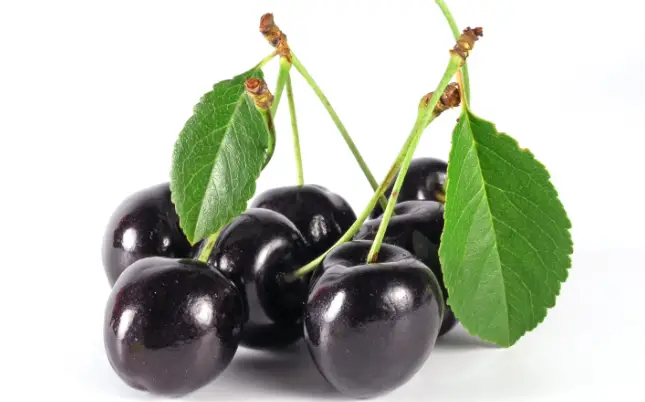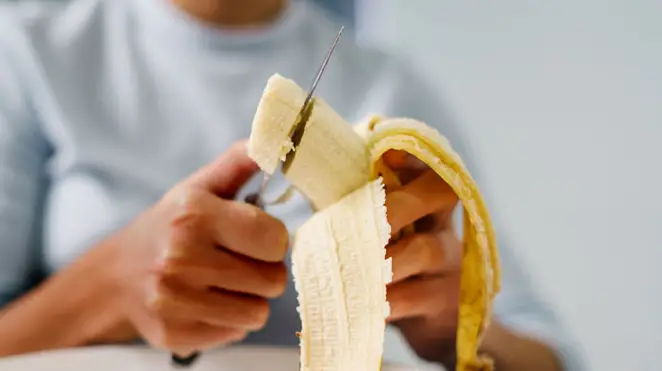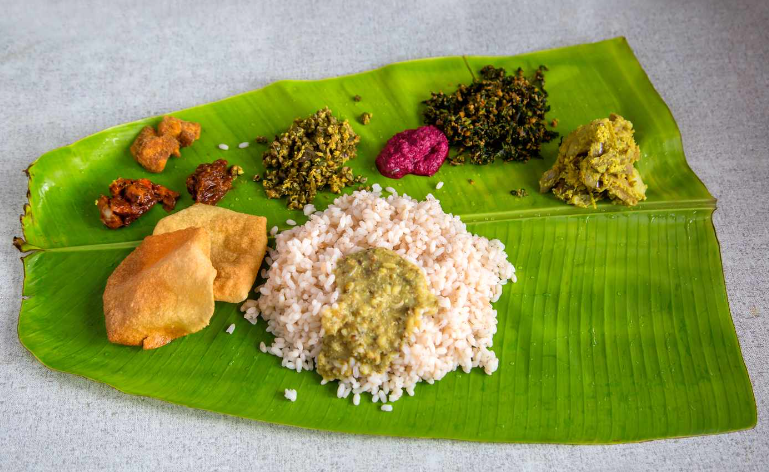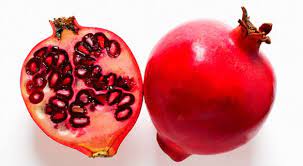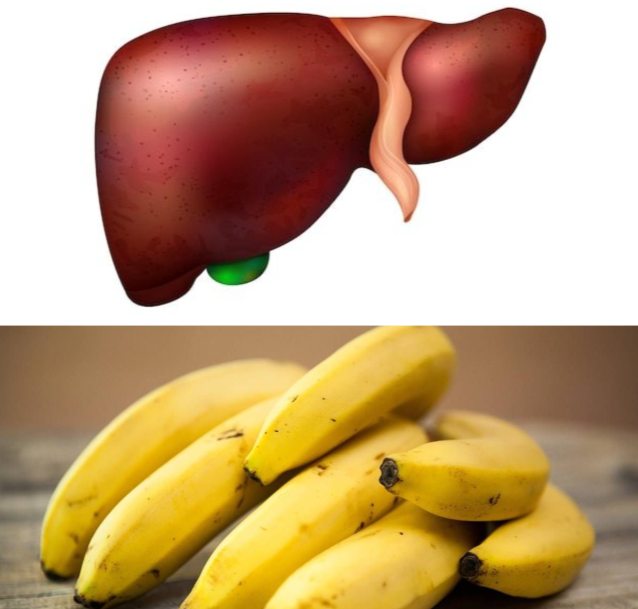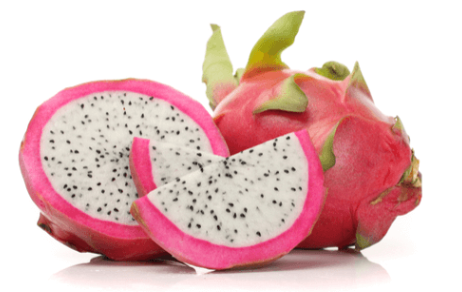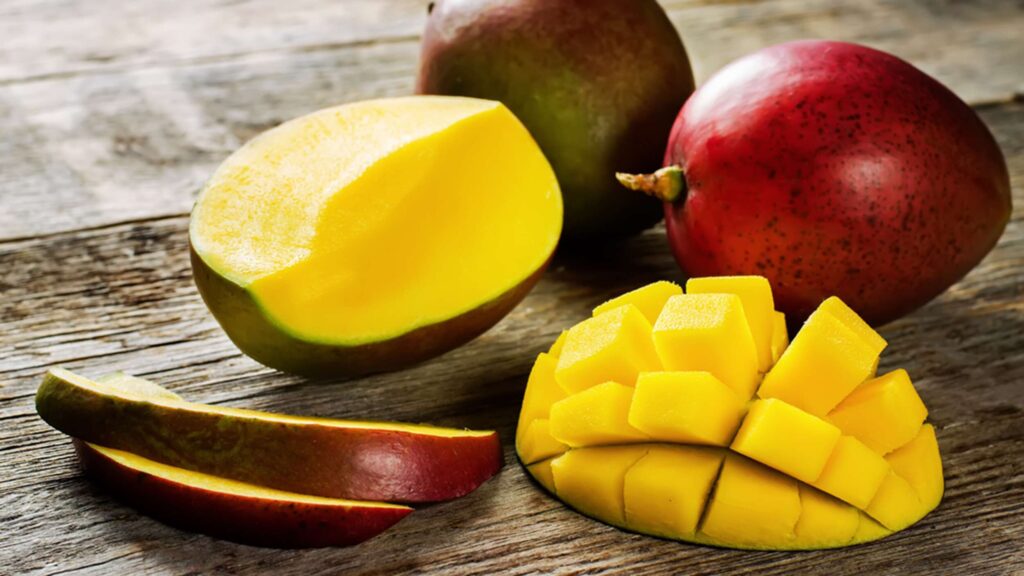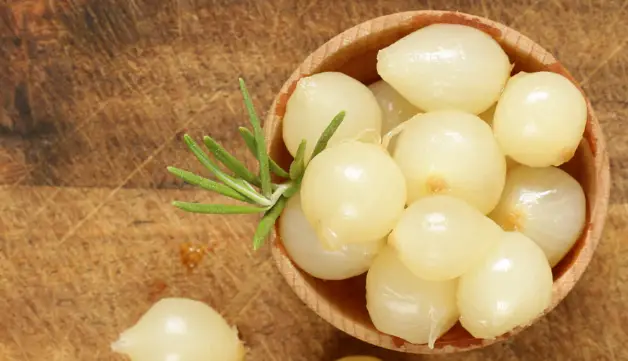Many seeds found inside fruits have nutrients such as healthy fats, fiber, proteins, and a mix of vitamins and minerals. But when it comes to seeds from apples, strawberries, and oranges, are they okay for you to eat? Are they harmful and not safe to consume? We’ll look closely into whether it’s good to eat these seeds and what benefits they might bring.
Table of Contents
Which Seeds from Fruits Can You Eat?
Lots of seeds from different fruits are safe to eat and are full of nutrition and fiber.
You can eat seeds from fruits such as kiwi, grapes, clementines, cherries, oranges, apples, pears, watermelons, pumpkins, and cantaloupes. Seeds in berries, like strawberries, raspberries, and blackberries, are also safe to eat. There are some seeds, like the ones found in pomegranates, mangoes, and papayas, that you can eat but might need to prepare them differently.
Some big seeds like those found in mangos, peaches, apricots, and avocados are not really tasty when eaten as is because they’re large and have a tough texture. It’s usually best to take the pit out and just eat the fruit flesh.
What Are the Good Things About Eating Seeds from Fruits?
Eating these seeds can give you dietary fiber, which helps keep your stomach happy, can make you feel fuller, and aids with digestion.
The inside part of seeds is full of good stuff like healthy fats and proteins, as well as B vitamins, iron, zinc, magnesium, calcium, potassium, and antioxidants. Different seeds have different kinds of nutrients, but they generally help with good health.
Seeds can also work against inflammation in the body, with things like flavonoids and anthocyanins found in blueberry and raspberry seeds acting as defenders. This can help fight inflammation and prevent diseases from getting worse.
Plus, some seeds contain omega fatty acids that are great for your heart’s health, like the alpha-linolenic acid found in flaxseeds, chia seeds, and hemp seeds.
Could There Be Risks with Eating Fruit Seeds?
Although most seeds from fruits are not a problem, some can be poisonous or cause harm if you eat a lot of them. For instance, seeds from apples, apricot pits, and cherry pits have a substance called amygdalin in them. This turns into hydrogen cyanide in your body.
But you would have to eat lots and lots of crushed seeds for it to be dangerous (like more than a hundred!). If you don’t chew them, the whole seeds usually just pass right through you without releasing any cyanide. So it’s better not to chew or grind up big fruit pits and seeds that come from fruits like apples and cherries, which are part of the rose family.
For kids, especially those under three, there’s a risk of choking on whole seeds. Always stay with small children when they eat and cut up fruits like grapes and berries to keep them safe. Grown-ups should also chew seeds well to avoid any stomach issues.
Advice for Including Seeds from Fruits in Your Food
Here are some suggestions for people who want to try eating seeds from fruits:
- Chew seeds well to make sure you’re getting the nutrients, but don’t overdo it to avoid cyanide from larger seeds.
- Choose organic fruits if you can to avoid eating any pesticide residues that could be on the seeds.
- Take out big pits from stone fruits before eating them. You can make them into spreads or flours, instead of eating them straight.
- Dry and roast seeds like those from pumpkins, sunflowers, and squashes to make a crunchy snack. You can add some spices for taste.
- Grind up chia seeds, flaxseeds, and hemp seeds to put into smoothies or cereal, or on top of yogurt, to add some healthy fats.
- Add poppy seeds to dough when you’re making muffins, cookies, bread, or bagels for a bit of extra nutrition and texture.
- Top your salads, whether fruit or green leafy ones, with seeds like pomegranate, sesame, or pine nuts for lots of nutrients.
In Summary
A good number of seeds from fruits are fine to eat and provide health benefits. Mostly they’re full of fiber and nutrients.
While eating too many apple seeds or seeds from stone fruits might not be a good idea because of their toxic potential, a little bit usually isn’t harmful. Just be careful with young children and stay away from grinding up large seeds. With a few precautions and different ways of preparing them, seeds can easily help improve your nutrition. Eating fruit seeds in the right amounts can be a smart part of a healthy diet.
